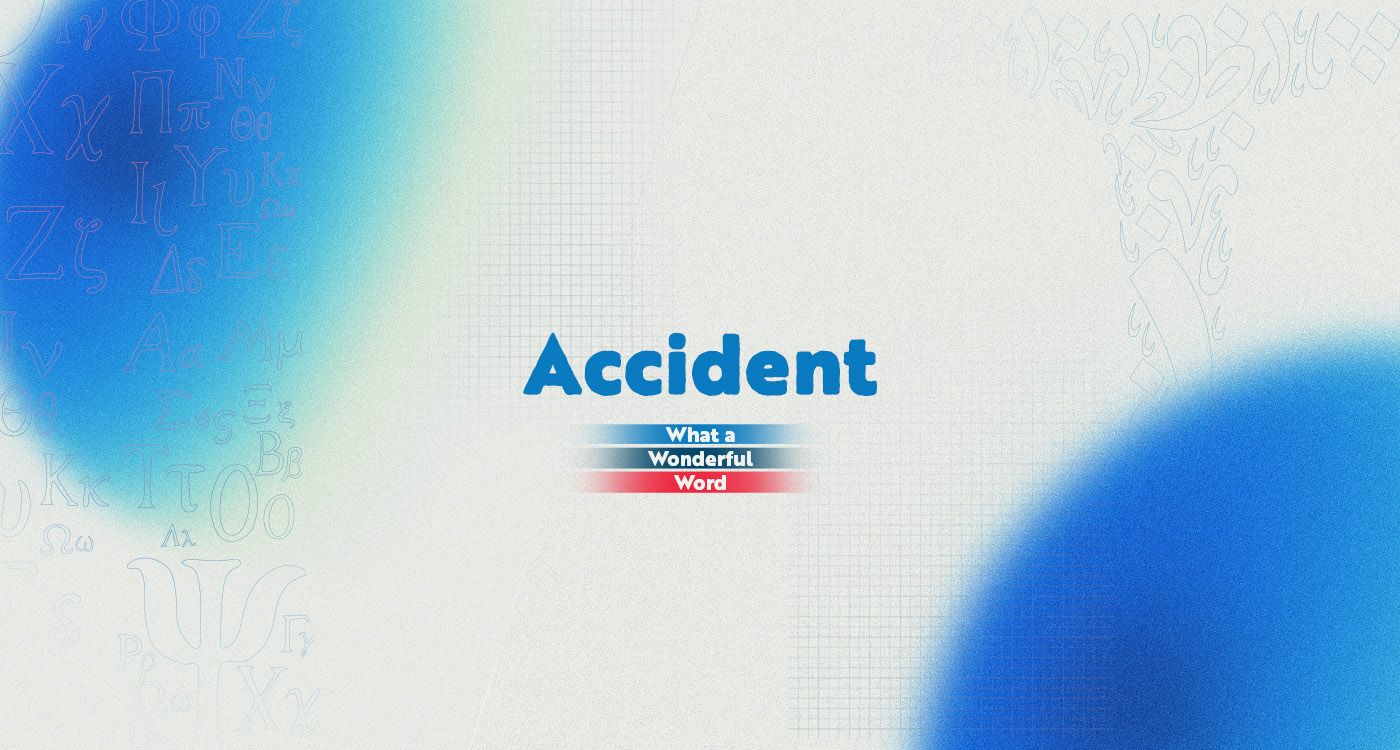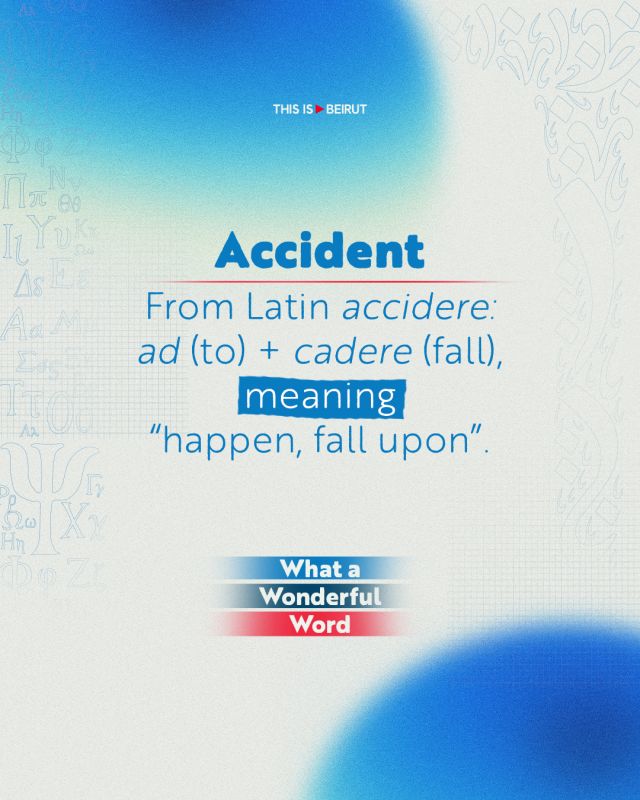
Every year, on the World Day of Remembrance for Road Traffic Victims, observed on November 16, the world is reminded that behind the word “accident” lie shattered lives. Long associated with chance, the term today forces us to confront our collective responsibility in the face of an avoidable global tragedy.
Around 1.19 million people die in road traffic accidents every year worldwide.
Each November 16, as part of the World Day of Remembrance for Road Traffic Victims – established by the UN in 2005 – the world pauses to acknowledge that a seemingly ordinary word hides devastating human realities.
The term “accident”, often used as a synonym for fate, also calls attention to the choices and systems that shape our safety.
A Word Born of Chance
The English word “accident” appears in the late 14th century, borrowed from Old French and ultimately from Latin accidens, the present participle of accidere: ad (“to”) + cadere (“to fall”).
It originally meant simply “something that happens”, an occurrence or event, especially one arising by chance.
Over time, the meaning gradually shifted towards a “negative, unfortunate or undesirable event”, involving injury or damage.

Statistics and Accidentology: The Numbers That Shock
According to the World Health Organization (WHO), road traffic accidents kill 1.19 million people every year and are the leading cause of death among those aged 5 to 29.
Some 92% of road fatalities occur in low- and middle-income countries, even though they account for only about 60% of the world’s vehicle fleet, the WHO reports.
In Lebanon, the NGO YASA recorded 876 accidents, 162 deaths, and 1,034 injuries in the first five months of 2025. The rise in road-traffic casualties is estimated at more than 30% compared with 2023.
An “accident” is no longer an unfathomable stroke of fate: it is measurable, analyzable, and preventable. This is precisely what gave rise to accidentology – the science dedicated to studying road accidents, their causes, their consequences, and the means to prevent them.
From Chance to Responsibility: Acting to Prevent
Calling something an “accident” should not mean accepting inaction.
Speeding, alcohol effect, a phone in hand, a poorly designed road – these are the kinds of “errors” society all too often treats as fate. This is why experts emphasize the need for a systemic approach: safer roads and vehicles, stronger safety measures, and the enforcement of traffic laws.
Driven by the UN and WHO, the Decade of Action for Road Safety (2021–2030) aims to reduce road-traffic deaths by 50%. The WHO coordinates this global effort and chairs the UN Road Safety Collaboration, while also organizing the UN Global Road Safety Weeks every two years.
These initiatives underline a simple truth: prevention is a shared responsibility – that of drivers, public authorities, and society as a whole.
On this November 16, acknowledging our collective responsibility for road safety is a way to honor those whose lives ended “by accident.”


Comments